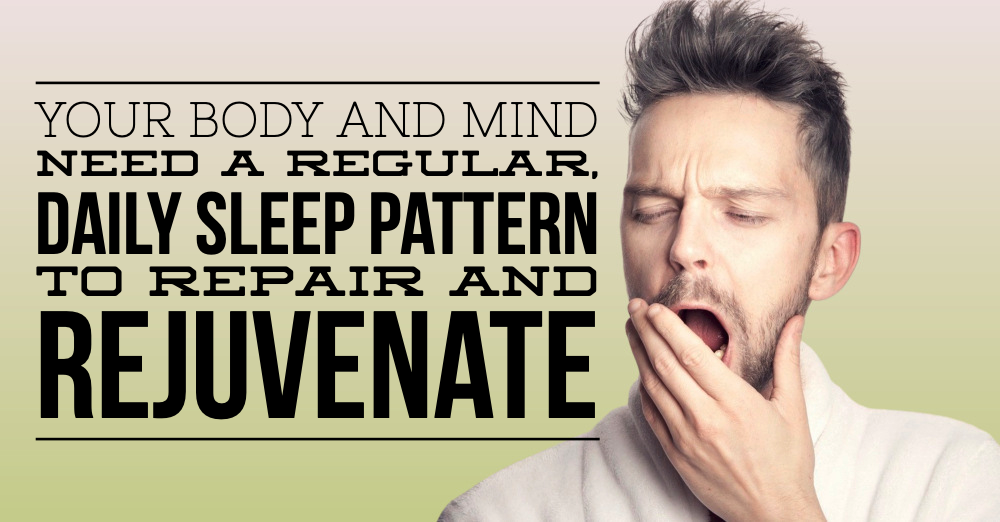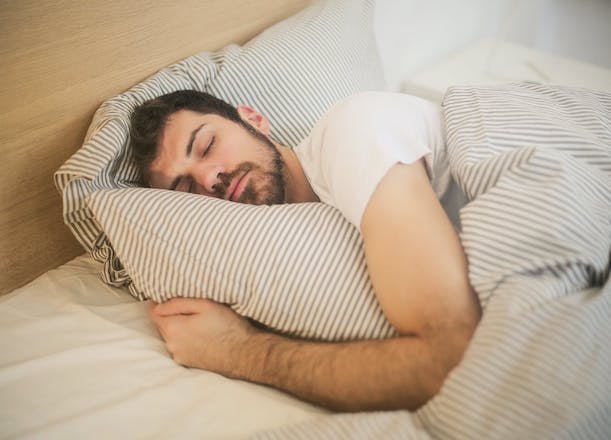
The body and mind only repair and rejuvenate when we are sleeping. But it’s important to remember that a “restful” night’s sleep is vital.
I believe a restful night’s sleep is one in which you sleep soundly and wake up refreshed and energized. When you get a restful night’s sleep, you don’t think about problems or the news, and usually fall asleep within 10 minutes of putting your head on your pillow. A critical factor in determining whether you have slept well is whether you have had positive or fun dreams. If your night has “bad” or “stressful” dreams, you likely did not have a “restful” sleep.
I recently read an article about how snoring affects sleep and health. On average, people who snore tend to interrupt their sleep 300 times each night – that’s not a restful night’s sleep! If you’re stressed, your mattress is a mess, or you haven’t been able to sleep well in the past few weeks (or months), you haven’t given your brain and body the time it needs to repair themselves. Don’t try to catch up on sleep. Many people say they don’t get enough sleep during the week, but they make up for it on the weekends. That’s a myth – it doesn’t work! Your body and mind need a regular, daily sleep pattern to repair and rejuvenate.
What is considered enough sleep? Generally speaking, everyone should get eight hours of sleep a day. If you eat a healthy diet, exercise correctly, and take a few mental breaks during the day, you sleep like a baby and wake up refreshed every day. Conversely, if you suffer extraordinary stress every day (mental or physical), you will need more than eight hours.
1 – Write down a list of what you need to do the next day, and keep that paper and pen near the bed if you think of something else. When you write down your tasks, you give your brain the signal that you no longer need to worry about tomorrow’s business.
2 – Don’t watch TV or listen to the radio (especially the news) before retiring to sleep, and certainly don’t fall asleep with the TV or radio on.
3 – Read some inspirational or personal growth material for at least 30 minutes before bedtime. Your goal is to fill your mind with inspirational thoughts before you fall asleep, over stressful thoughts that keep you awake.
4 – Make sure the room you are sleeping in is as dark as possible. The body is for sleep in the dark; a darker room is the better site for deep sleep.
__________
5 – The room should be as quiet as possible. Turn off all electrical appliances.
6 – Do not eat or drink alcohol before going to bed. When undigested food is in the stomach, it is difficult to sleep. The body is designed to digest food on the move, not lying down.
7 – Go to bed at approximately 10:00 pm and wake up at 6:00 am. According to research, this schedule allows the body to rest more deeply, rejuvenate, and have more energy during the day.
8 – Do not take medications or vitamins/herbs that are supposed to help you sleep (unless prescribed by your doctor). These artificial sleeping pills do nothing but numb your senses. And when you wake up, you are more asleep than awake.
9 – Make sure there is fresh air in the room. Indoor air is among the most toxic, even air conditioning (mainly in hotels). When you sleep, you can only breathe the air in a closed room. If possible, open a window; it will help the body repair itself, because it can access cleaner and oxygenated air.
10 – During the day, do 30 to 60 minutes of gentle exercise. Walking is the best healthy exercise and prepares the body for restful sleep.
Deep sleep is an essential part of wellness. Good rest helps improve your productivity, concentration, and energy during the day. However, many people have trouble sleeping due to external noises or worries in their daily lives. Fortunately, there are some things you can do to get more restful sleep.
Try to reduce external noises as much as possible before going to bed at night. Turn off electronic devices, such as televisions or smartphones, at least half an hour before bedtime, as they emit blue light harmful to our natural sleep cycle. Avoid consuming stimulants after noon. Caffeine, for example, is already linked to insomnia.
